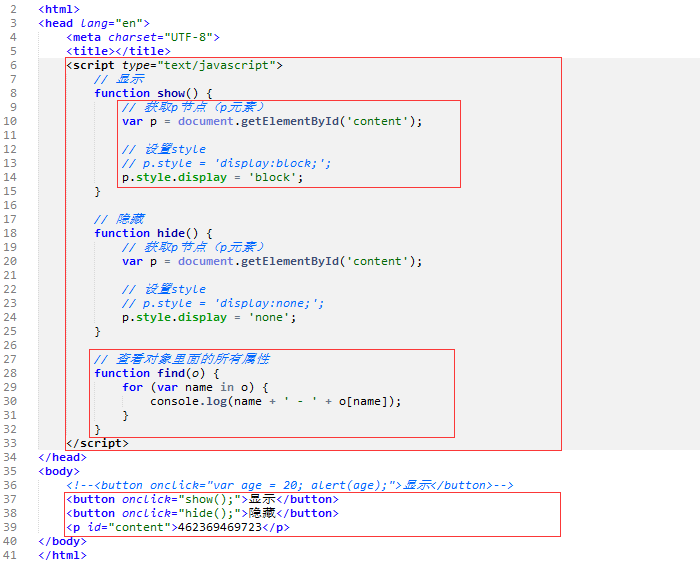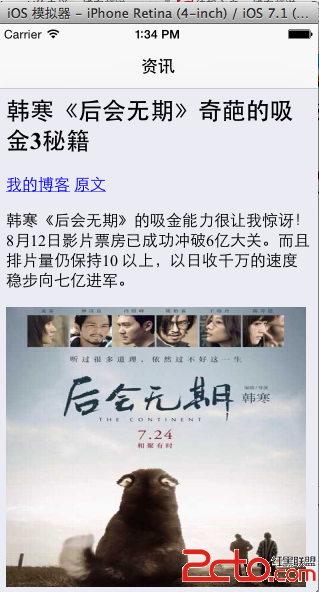iOS屏幕適配開發實用技巧
一、旋轉處理
第一步:注冊通知
[[NSNotificationCenter defaultCenter] addObserver:self
selector:@selector(changeFrames:)
name:UIDeviceOrientationDidChangeNotification
object:nil];
第二步:處理接收事件
-(void)changeFrames:(NSNotification *)notification{
NSLog(@"change notification: %@", notification.userInfo);
float width=[[UIScreen mainScreen]bounds].size.width*[[UIScreen mainScreen] scale];
float height=[[UIScreen mainScreen]bounds].size.height*[[UIScreen mainScreen] scale];
if ([[UIDevice currentDevice] orientation]==UIInterfaceOrientationPortrait
|| [[UIDevice currentDevice] orientation]==UIInterfaceOrientationPortraitUpsideDown) {
NSLog(@">>>portrait");
self.frame=CGRectMake(0, 0, height, width);
}else{
NSLog(@">>>landscape");
self.frame=CGRectMake(0, 0, width, height);
}
NSLog(@"view—> %@",self);
}
二、獲取屏幕分辨率
//得到當前屏幕的尺寸: CGSize size_screen = [[UIScreenmainScreen]bounds].size; //獲得縮放率: CGFloat scale_screen = [UIScreen mainScreen].scale; 此時屏幕尺寸的寬高與scale的乘積就是相應的分辨率值。 CGRect sizeOfA4 = CGRectMake(0, 0, 595, 842);//生成PDF文件時按A4標准 CGRect sizeOfA5 = CGRectMake(0, 0, 421, 595);//生成PDF文件時按A5標准
注意:不管scale=1還是scale=2,紙張的標准sizeOfA4和sizeOfA5的設置都不變,這是因為我們通常設置的寬高在iOS體系下都是邏輯上的point,並不是真實的像素!
只要屏幕是等比例放大縮小,[[UIScreenmainScreen]bounds].size都不變。不同scale的系統會自動放大或縮小,這就是所有的應用在320x480和640x960環境下無差別運行的原因。
三、設備標准
iPhone/iPod Touch (320點 x 480點)
普屏分辨率 320像素 x 480像素
Retina分辨率 640像素 x 960像素
iPad,iPad2/New iPad (768點 x 1024點)
普屏 768像素 x 1024像素
Retina屏 1536像素 x 2048像素
換算關系 (在 iPhone3 上 1個 Point 相當於 1個pixel ; 而 iPhone4 上1個 point 就相當於4個 pixel;)
普屏 1點 = 1像素 image.png
Retina屏 1點 = 2像素 [email protected]
四、真機與模擬器判斷+設備類型判斷
#if defined(TARGET_IPHONE_SIMULATOR) && TARGET_IPHONE_SIMULATOR
NSLog(@" on simulator");
#else
NSLog(@"not on simulator");
#endif
注意:TARGET_OS_IPHONE在真機和模擬器上都是1
設備類型判斷方法有兩種:
1. UI_USER_INTERFACE_IDIOM() 進行區分(ios 3.2以上),但是無法區分iphone和ipod
if (UI_USER_INTERFACE_IDIOM() == UIUserInterfaceIdiomPad) {
//設備為ipad
} else {
//設備為iphone 或 ipod
}
2. 使用 UIDevice.model 進行區分 (ios 2.0 >=)
NSString *deviceType = [UIDevice currentDevice].model;
if([deviceType isEqualToString:@"iPhone"]) {
//iPhone
}else if([deviceType isEqualToString:@"iPod touch"]) {
//iPod Touch
}else {
//iPad
}
五、獲取設備相關信息
//軟件信息
NSLog(@"sysname=%@",[[UIDevice currentDevice] systemName]);// 系統名
NSLog(@"systemVersion=%@",[[UIDevice currentDevice] systemVersion]); //版本號
NSLog(@"model=%@",[[UIDevice currentDevice] model]); //類型(ipad、ipod、iphone)而[[UIDevice currentDevice] userInterfaceIdiom]只能判斷iphone和ipad
NSLog(@"olduuid=%@",[[UIDevice currentDevice] uniqueIdentifier]); //唯一識別碼 ios5.0開始deprecated
NSLog(@"name=%@",[[UIDevice currentDevice] name]); //設備名稱
NSLog(@"localizedModel=%@",[[UIDevice currentDevice] localizedModel]); // 本地模式
NSLog(@"ios6UUID=%@",[[[UIDevice currentDevice] identifierForVendor] UUIDString]);//ios6.0開始available
----------注:以下內容未測試---------------
// 硬件信息
[UIDevice platform];//平台
[UIDevice cpuFrequency]];//cpu信息
UIDevice busFrequency]];//總線
[UIDevice totalMemory]];//總內存
UIDevice userMemory]];//已經使用的內存
-----------------------------------------------------------------------------------------------------------------------------
//App信息
NSDictionary *infoDictionary = [[NSBundle mainBundle] infoDictionary];
CFShow(infoDictionary);//所有plist內容
// app名稱
NSString *app_Name = [infoDictionary objectForKey:@"CFBundleDisplayName"];
// app版本
NSString *app_Version = [infoDictionary objectForKey:@"CFBundleShortVersionString"];
// app build版本
NSString *app_build = [infoDictionary objectForKey:@"CFBundleVersion"];
//判斷是否有照相機
if([UIImagePickerController isSourceTypeAvailable:UIImagePickerControllerSourceTypeCamera])
NSLog(@"有");
else
NSLog(@"沒有");
六、針對不同分辨率的設備,程序員只需要做三件事:
1.提供app高清圖標;
2.UI圖片素材@2x.png;
3.從網絡下載適配的圖片(判斷條件[[UIScreen mainScreen] respondsToSelector:@selector(scale)] && [[UIScreen mainScreen] scale] == 2)
-所有的iPhone、iPod Touch設備的 Point分辨率都是 320×480,也就是邏輯分辨率都一致,保證了App不需要修改也能正常的在高像素分辨率上運行,只是原來App中的圖片會被拉升後顯示,影響美觀,沒有發揮retina的優勢。
-程序內所有的GCRectMake都是邏輯分辨率,不影響位置和大小!做游戲開發最有用,普通app影響不大
-問題:如何進行相對布局???(6.0之前有autoResizeMask,autoresizing 6.0可使用與android相對布局類似的autoLayout)
以上就是本文的全部內容,希望對大家的學習有所幫助,也希望大家多多支持本站。



